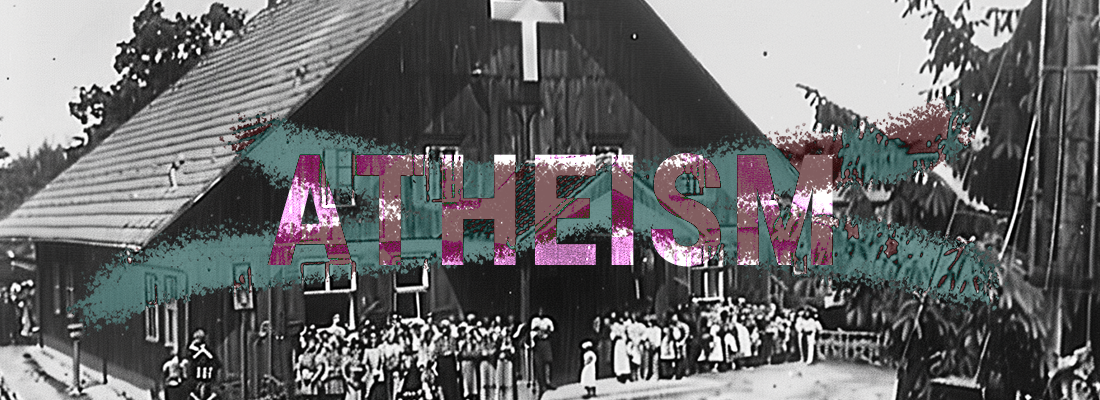



Recently, during a conversation with a friend—who is a fundamentalist Christian—the topic of Adolf Hitler’s religious beliefs surfaced. My friend posited that Hitler was an atheist, possibly as an attempt to somehow legitimize Christianity by contrasting it against the supposed moral failings of atheism. I responded that, despite being a highly debated issue, the evidence strongly indicates that Hitler was not an atheist but claimed to align himself with Christianity.
The discussion was spirited, with neither side conceding ground. However, this prompted me to delve deeper and gather some facts to better articulate my position. The information I found was compelling enough that I believe it merits a broader audience. While it might eventually transform into a detailed essay or article, I’ve decided to present it as a blog post for now, open to discussion and debate. Here’s what I discovered:
Hitler frequently made references to God and invoked Christianity in his speeches and writings. In Mein Kampf and in numerous public addresses, he referred to divine providence and expressed beliefs that align more closely with a distorted form of Christianity rather than atheism. For example, Hitler stated in a speech in 1938:
“I am convinced that I am acting as the agent of our Creator. By fighting the Jews, I am doing the Lord’s work.”
“Hitler’s Speeches” by Norman H. Baynes
Hitler’s regime, under the guise of the Nazi Party, leveraged Christian symbolism and language to gain support and consolidate power. The Nazi Party adopted the phrase “Gott mit uns” (God with us) on military belts and included Christian clergy in various state functions. This utilization of Christianity can be seen as a strategic choice rather than a genuine expression of personal conviction.
In private, Hitler’s remarks as recorded by close associates like Martin Bormann and Albert Speer suggest a cynical view of organized religion, where he saw it as a useful tool for control but personally held contempt for its teachings. However, these accounts also depict Hitler as hostile towards atheism, viewing it as linked to Bolshevism, which he despised.
See “References” below.
The Nazi ideology explicitly opposed atheism, primarily because of its association with communism, which was one of Nazism’s chief enemies. The regime targeted atheist groups and promoted a state-driven form of Christianity stripped of its Jewish roots and reinterpreted to align with Nazi racial theories.
The assertion that Hitler was an atheist lacks substantial backing from historical documents and Hitler’s own statements. Instead, his relationship with religion seems to have been opportunistic and manipulative, designed to serve his political and ideological ends. Hitler’s use of religious motifs and language was likely strategic, aimed at harnessing the cultural influence of Christianity in Germany at the time. Thus, categorizing Hitler as an atheist does not align with the historical evidence.
As always, please comment with your opinion and let’s have a discussion.